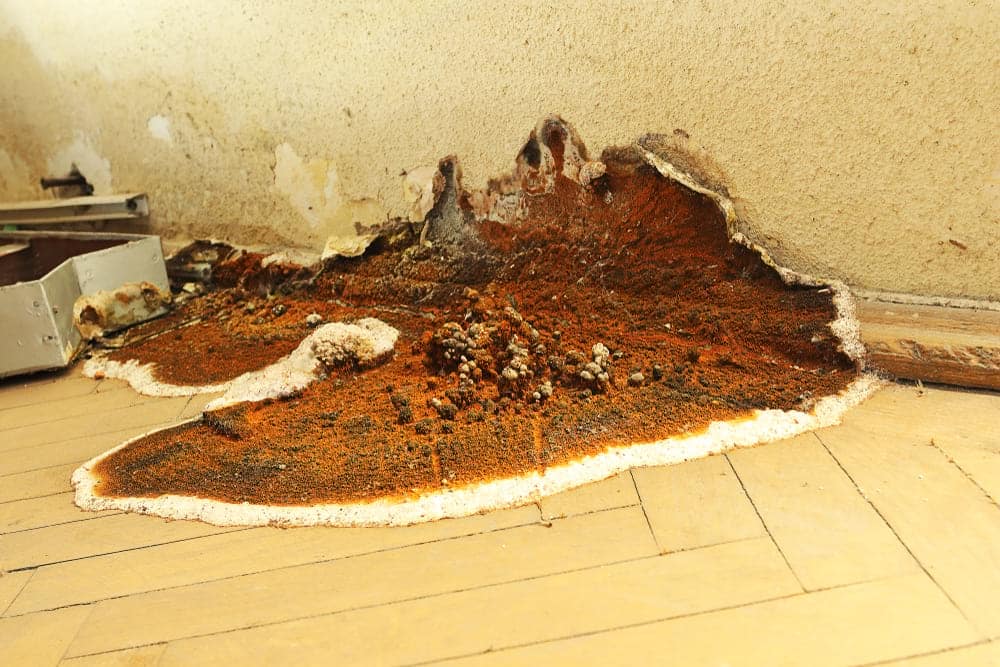The holiday season presents a thrilling opportunity for property owners to profit from their homes in desirable locations.
But what exactly is a holiday let mortgage? Is it possible to get one on an overseas property – and do mortgage rates in the UK heavily impact them?
Keep reading our article below for answers to these critical questions and more.
What is a holiday let mortgage?
A holiday let mortgage is a mortgage that allows borrowers to buy a house or property to be let out to tourists or visitors in a specific location.
Key requirements
Some key features of a holiday let mortgage, as required by HMRC, include:
- Your property must be available for let at least 210 days a year
- Your property must be let out for at least 105 days a year
- Any continuous stay of longer than 31 days won’t count towards the 105 days a year (unless certain conditions are met)
- Letting the house out to friends/relatives (at a reduced rate) will not count either
Holiday let mortgage vs buy-to-let mortgage
Many of these requirements significantly differentiate a Holiday Let Mortgage from a buy-to-let mortgage.
- While a buy-to-let mortgage is aimed at longer-term stays (i.e., six months or longer), holiday let mortgages focus on short stays during holidays.
- A buy-to-let mortgage is typically used for properties that are rented out on a long-term basis, while a holiday let mortgage is specifically designed for properties that are rented out on a short-term basis, usually during holiday periods.
Financial requirements for a holiday let mortgage
Some lenders dictate other requirements for a holiday let mortgage.
For example:
- a minimum income (for example, £25,000)
- a minimum house value (for example, £150,000)
- a maximum mortgage term (for example, 30 years)
Additionally, lenders may also consider factors such as:
- Your credit score
- The location of the property
- Your previous experience as a landlord.
Can I get a holiday mortgage on an overseas property?
Securing a holiday let mortgage for an overseas property may require some additional effort, but it’s not an insurmountable challenge.
It’s advisable to consult a mortgage adviser for guidance. However, many major lenders have offered this product in the past, and some smaller lenders may also be open to it.
If your bank operates in the country where you want to obtain a holiday let, you stand a much better chance.
Equally, you may want to go directly to a native lender in the country where you’re considering buying the property.
What are the interest rates on a holiday mortgage?
As with almost all mortgage providers, the rates can vary slightly depending on the organisation you use.
It will also change depending on whether you’re on a fixed or variable rate or a 2-year or 5-year mortgage.
At the time of writing, some examples of 2-year mortgage rates provided by lenders are as follows:
Cumberland Building Society ‘2-Year Discount Variable Rate’
- Initial Interest Rate: 5.98%
- Overall Cost for Comparison: 9.2% APRC
- Maximum Loan to Value: 75%
- Product Fee: £999
Leeds Building Society ‘2-Year Fixed Rate’
- Initial Interest Rate: 5.94%
- Overall Cost for Comparison: 8.2% APRC
- Maximum Loan to Value: 60%
- Product Fee: £0
Monmouthshire Building Society ‘2 Year Discount Rate’
- Initial Interest Rate: 6.35%
- Overall Cost for Comparison: 8.6% APRC
- Maximum Loan to Value: 75%
- Product Fee: 2% of Loan Amount
Are holiday loans expensive?
Holiday let mortgages typically have higher interest rates than a native residential mortgage or a buy mortgage. You must also factor in the costs of owning a holiday home.
Costs of owning a holiday home include:
- Local council tax
- Property insurance
- Repairing any damages
- Utility bills
- Renovations
- Cleaning fees after each visitor
You may also have to factor in travel costs, particularly if you need to visit the property to make renovations, because the house may be a long way away (in a ‘holiday destination’).
Is it difficult to sell a holiday let property?
When you sell your holiday let property, you need several documents.
The selling process itself can involve several complications. This is why lots of people choose to find a cash house buyer.
House viewings
First, your potential buyer will need to view your house, which may be difficult if it’s remote.
Valuing a holiday let property can be challenging, as the seasonal fluctuation of potential letters can be challenging to predict.
EPC rating
Due to new government regulations, an EPC score of C or higher must also be achieved.
High-interest rates
Holiday let mortgages usually have higher interest rates, which may be less attractive to a property investor when compared to a buy to let mortgage.
How many holiday let mortgages can one person have?
Each lender will have varying tolerance levels for the number of holiday let mortgages they give to one person.
For this reason, some investors choose to mix and match multiple different lenders if they want to grow their portfolio significantly.
Advantages of holiday let mortgages
Additional Income
Buying a Holiday Let home unlocks an additional income stream, which can be extremely valuable. This is especially true if your lender no longer allows you to take out additional buy-to-let mortgageshttps://www.webuyanyhome.com/sell-a-tenanted-property/how-many-buy-to-let-mortgages-can-i-have/.
Personal holiday home
You will also be able to use the property as your own ‘holiday home’ when relevant, which can save the hassle of searching for a suitable property each year when the holiday season comes around.
Tax advantages
Accountants may also help you capitalise on the tax advantages of buying a Holiday Let property.
Some holiday tax relief opportunities include:
- Mortgage interest tax relief
- Business rates relief
- Capital gains tax relief
- Offsetting other bills against income.
Disadvantages of holiday let mortgages
Inconsistent income
One of the main drawbacks of a Holiday Let Mortgage is that your income can be inconsistent.
People choose whether to holiday – and indeed, where to holiday – on ever-changing factors such as weather, the economy, and personal circumstances.
You cannot always anticipate these, so predicting your income in advance is very difficult.
Travel & maintenance costs
It is common for a Holiday Let property to be far away from where you live full-time, as it is often in rural or more ‘exotic’ locations.
Travelling there in person or arranging activities such as cleaning, refurbishments, and extensions can, therefore, be particularly challenging.
There will also be many costs associated with your investment, such as marketing in the local area, continuous investment in all the features your property offers, and travel fees when you visit in person.



















